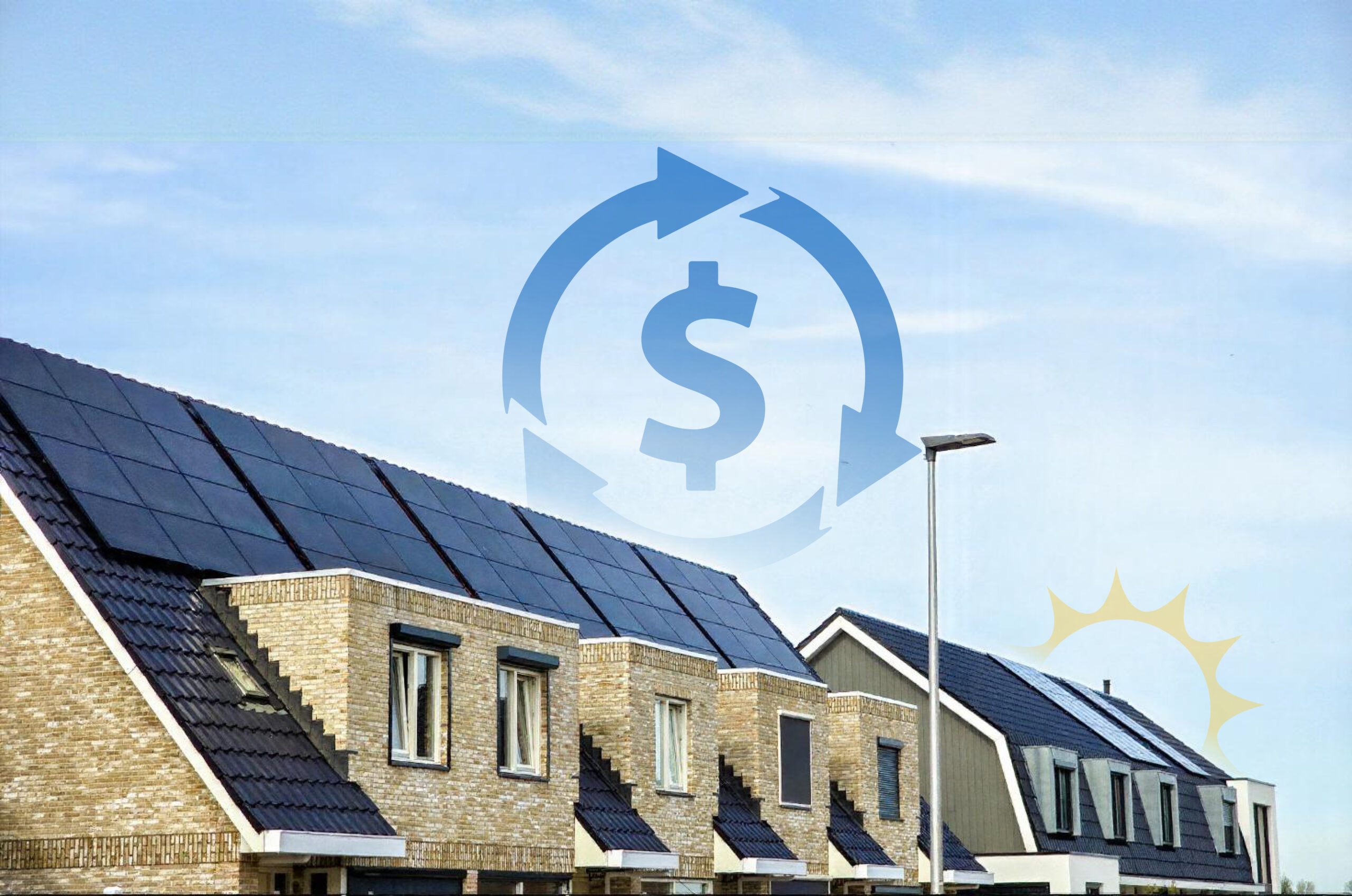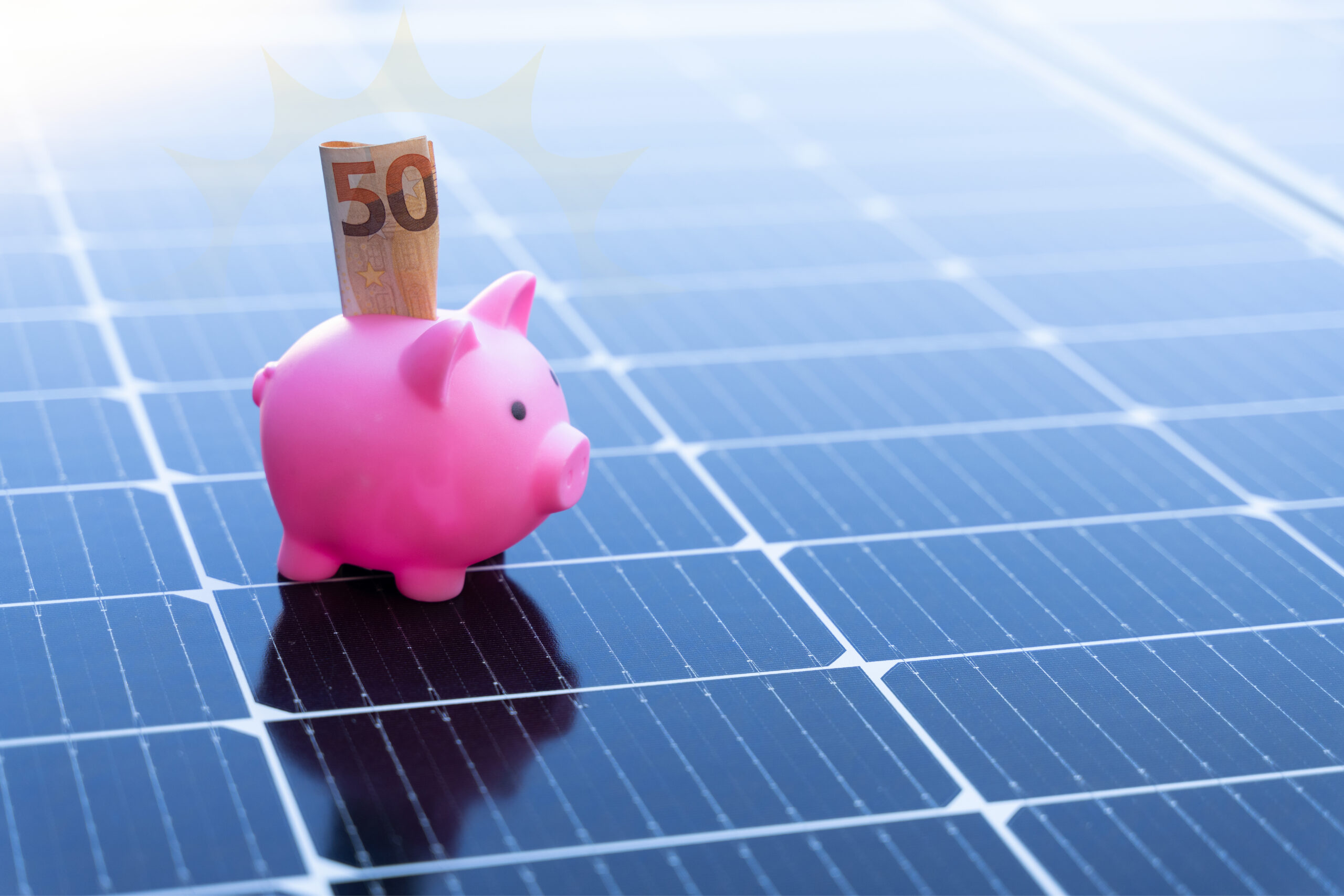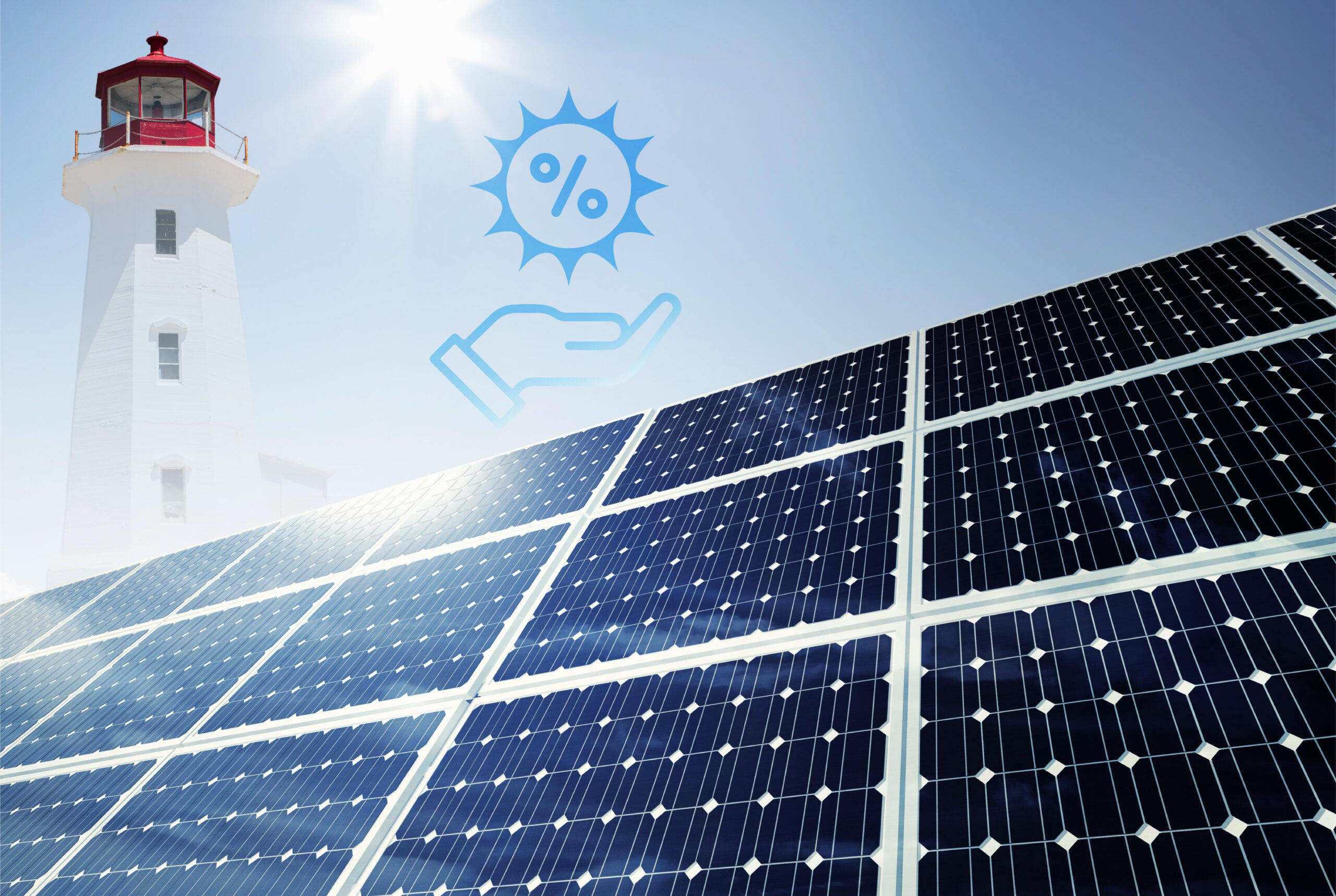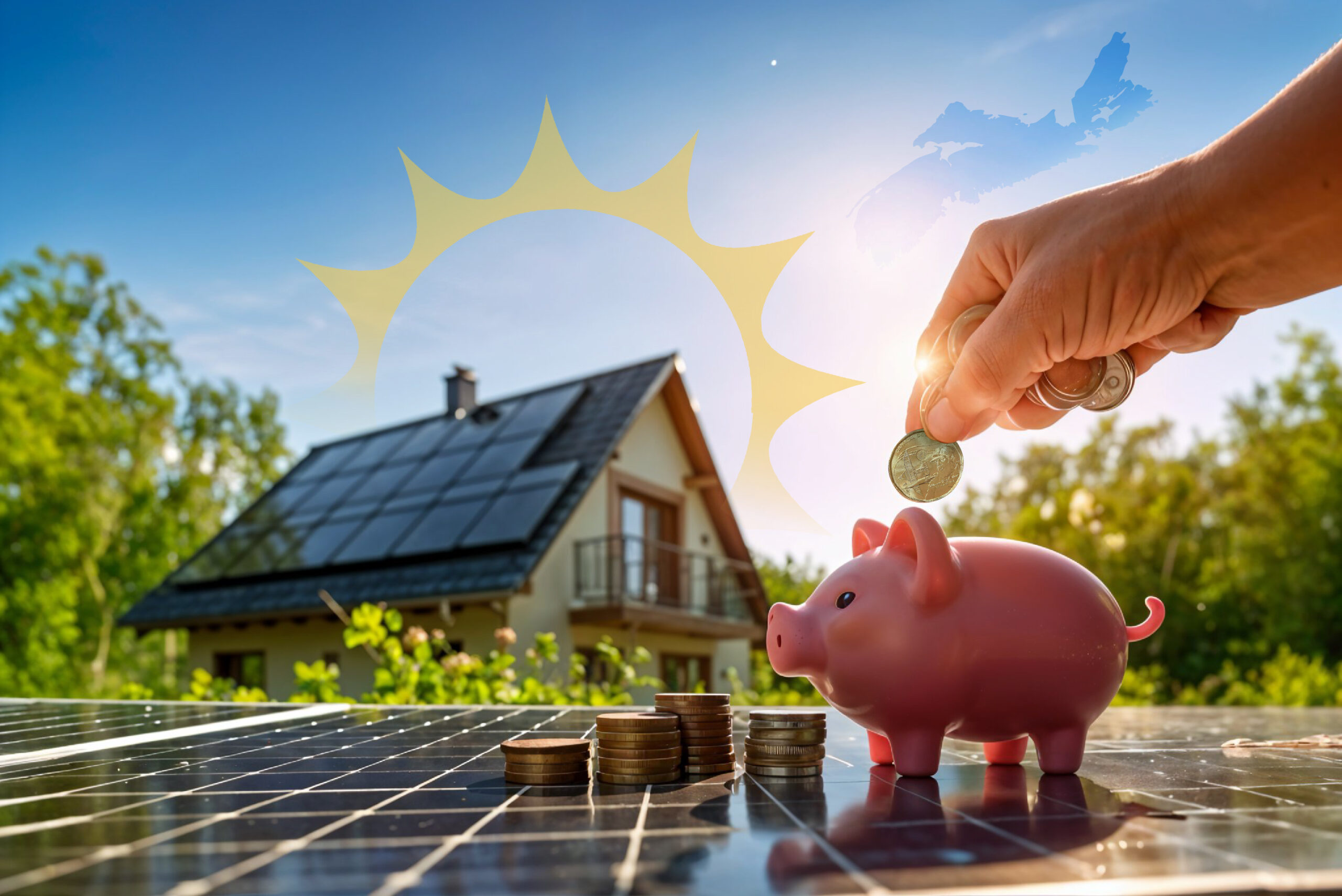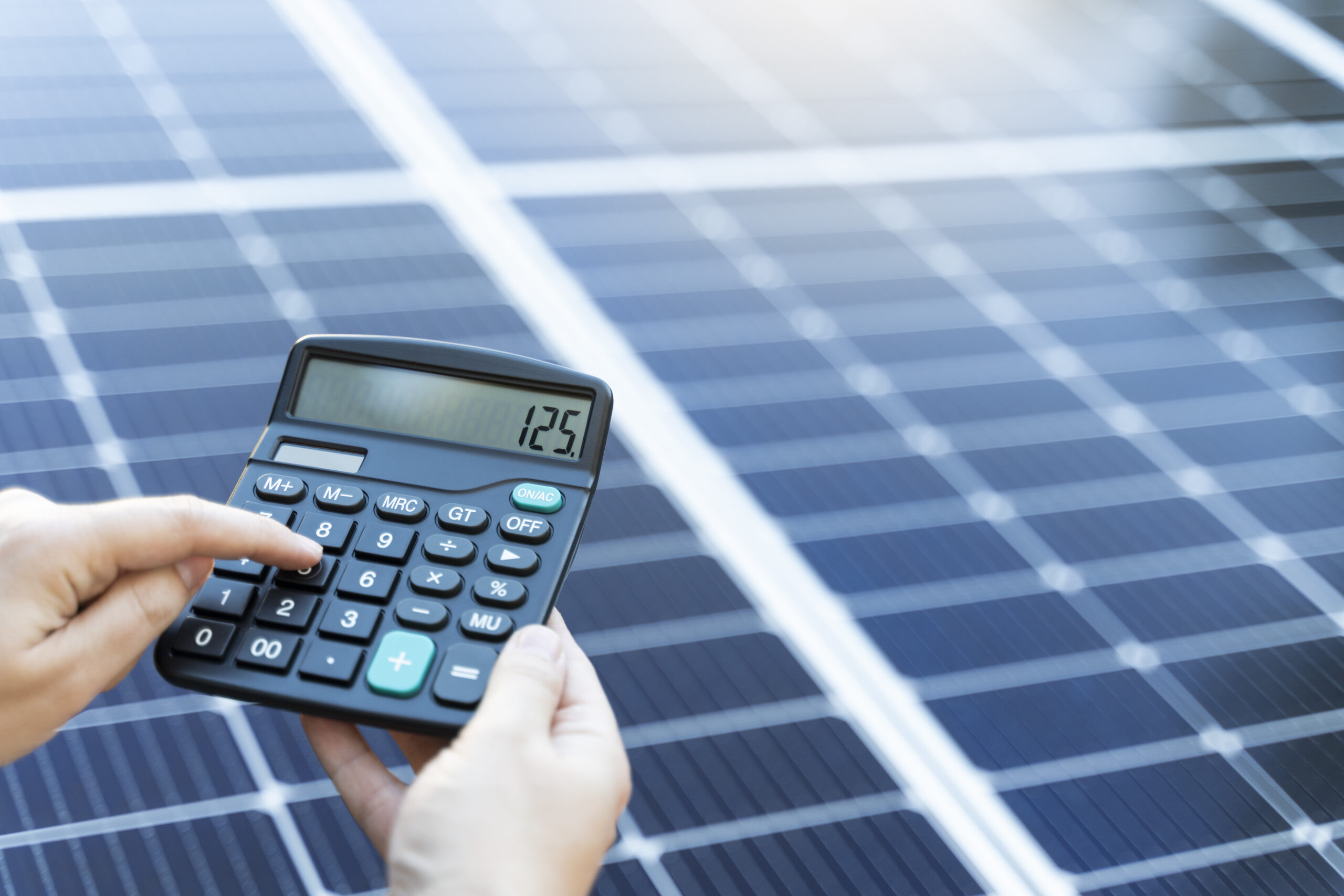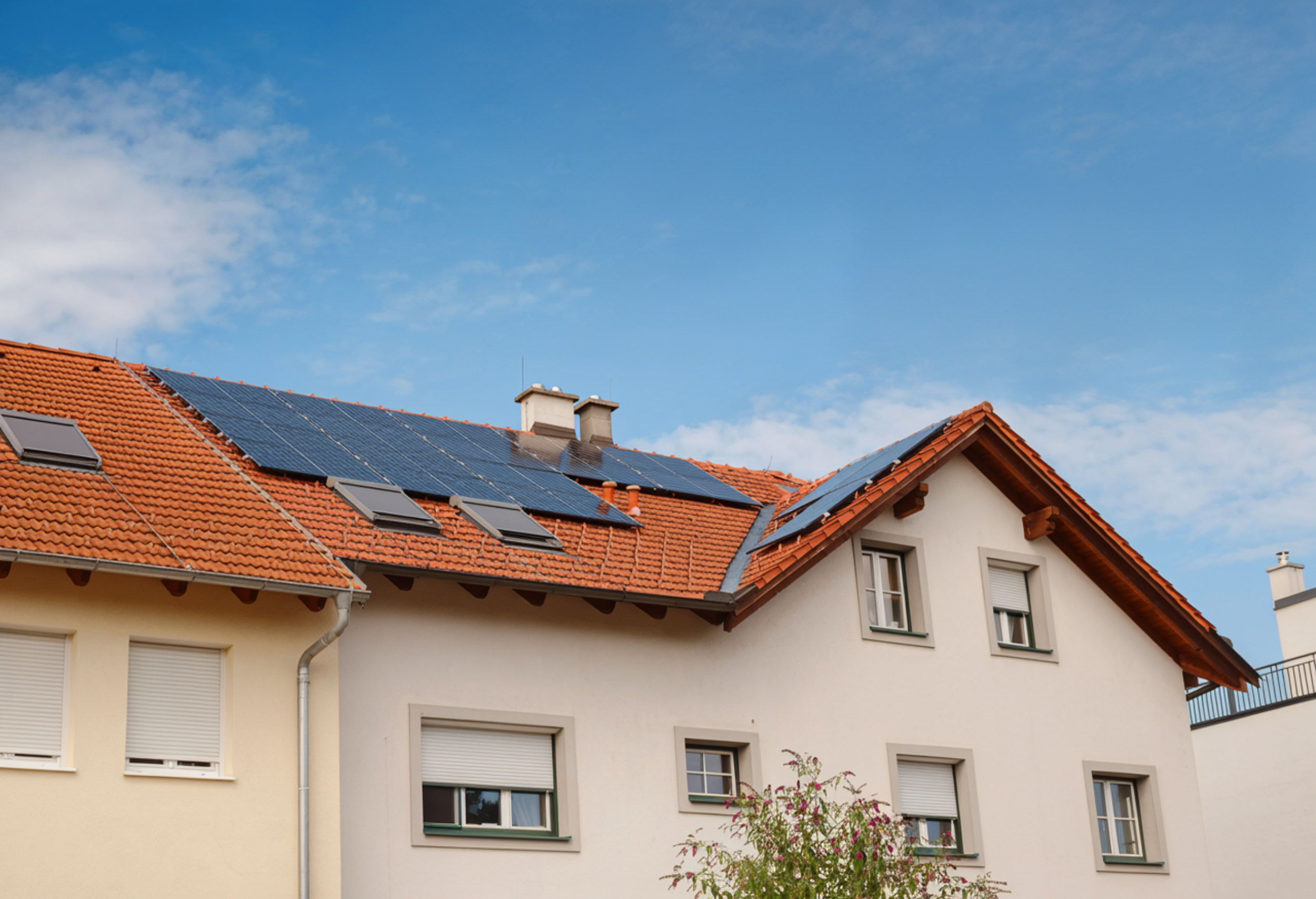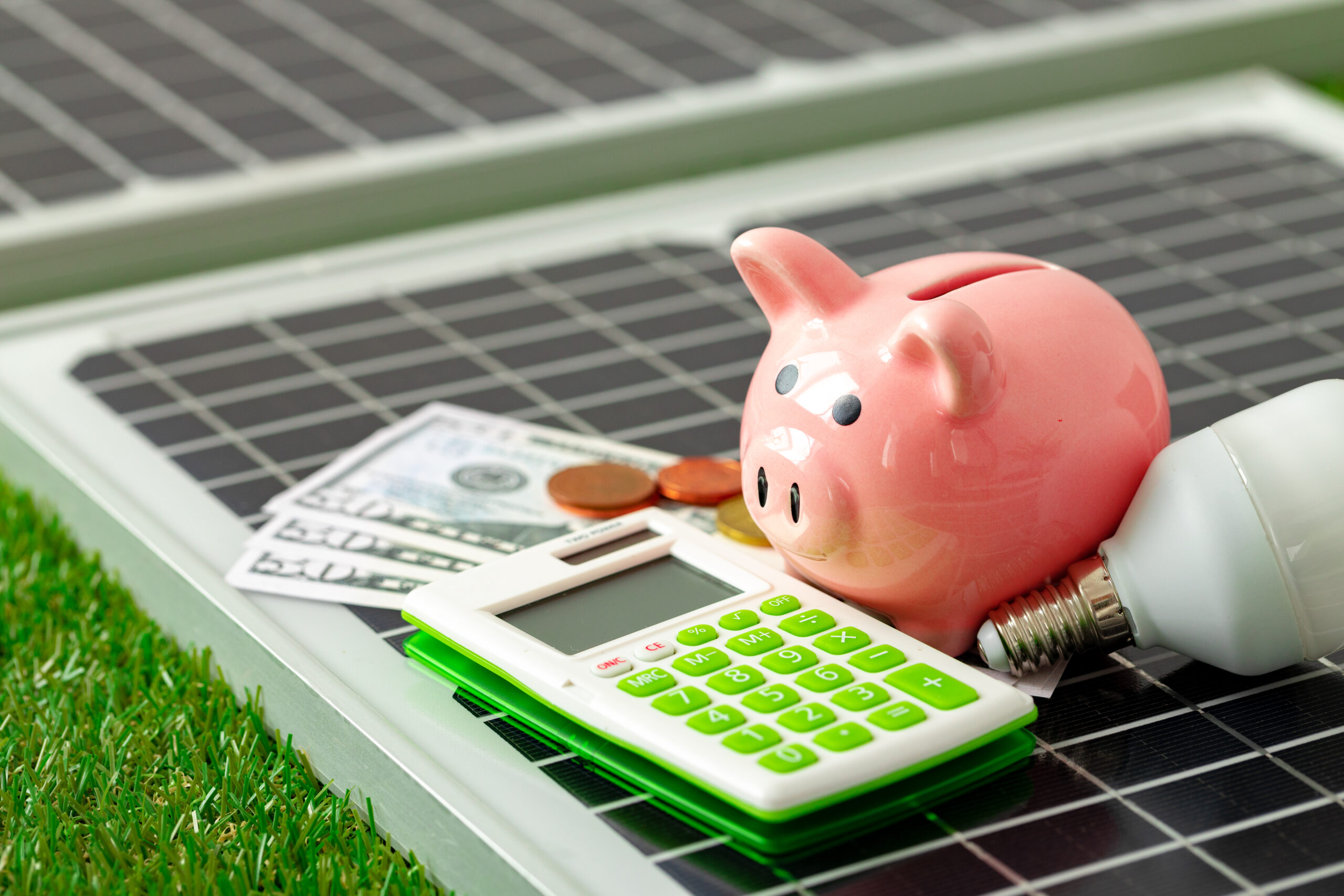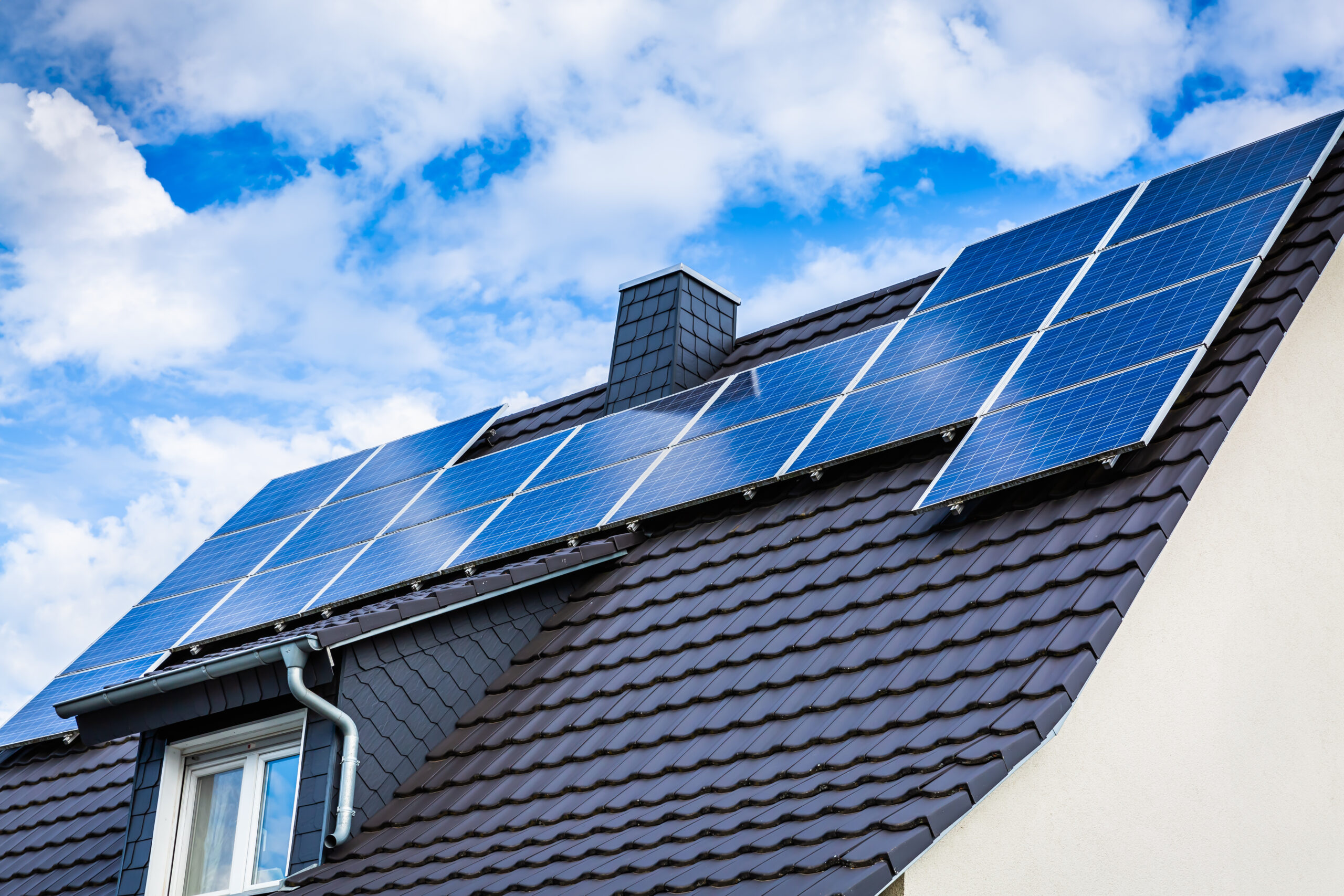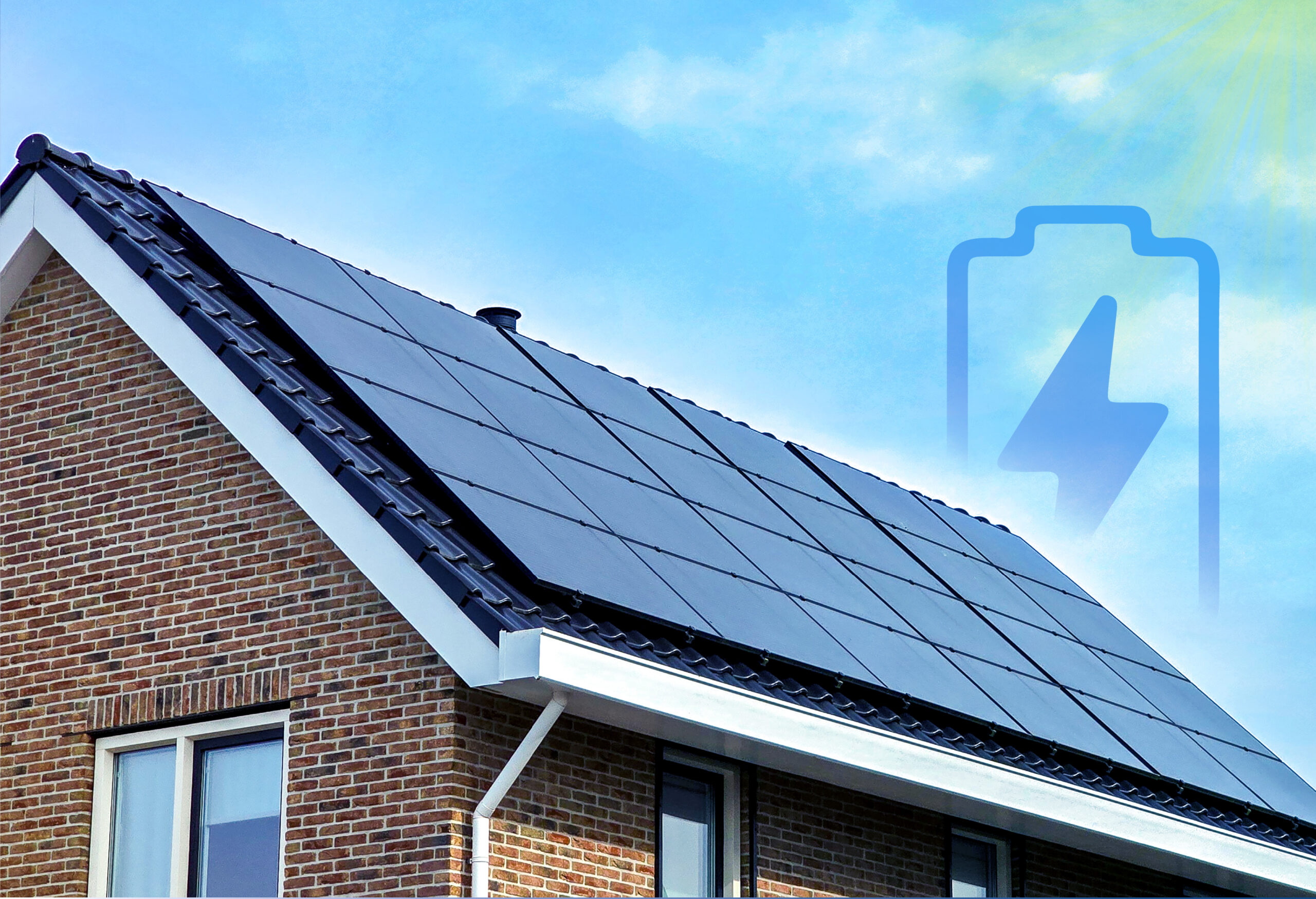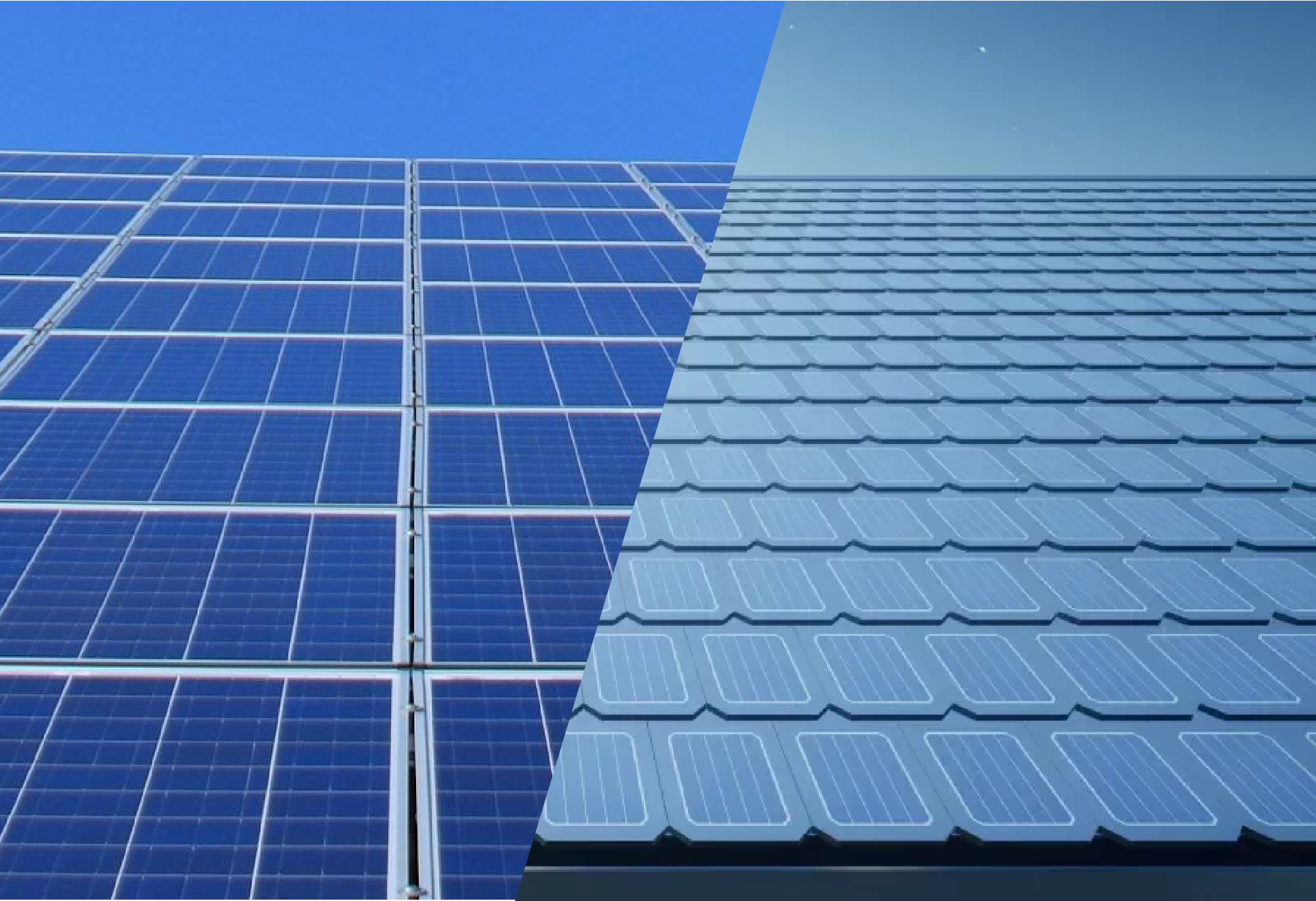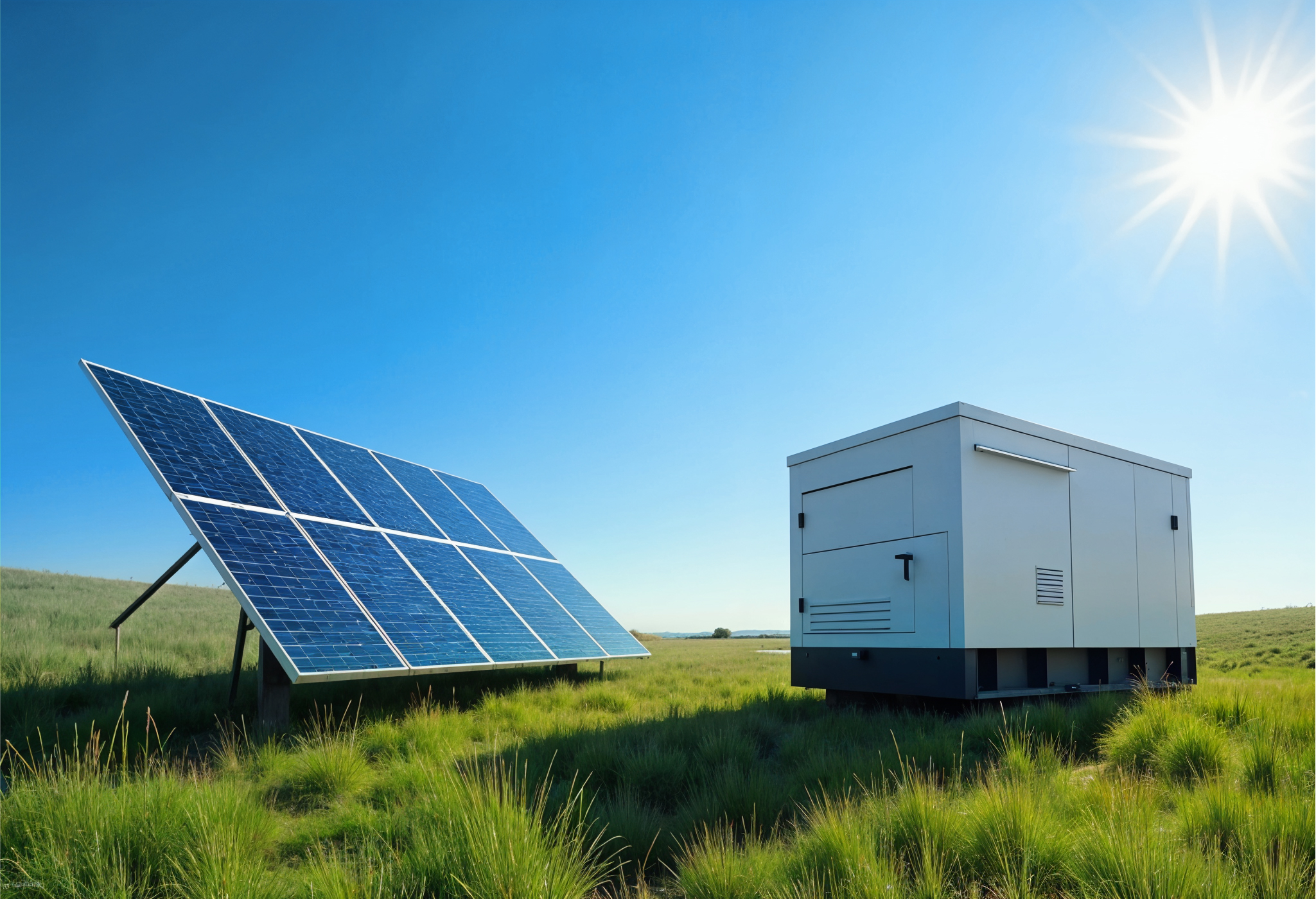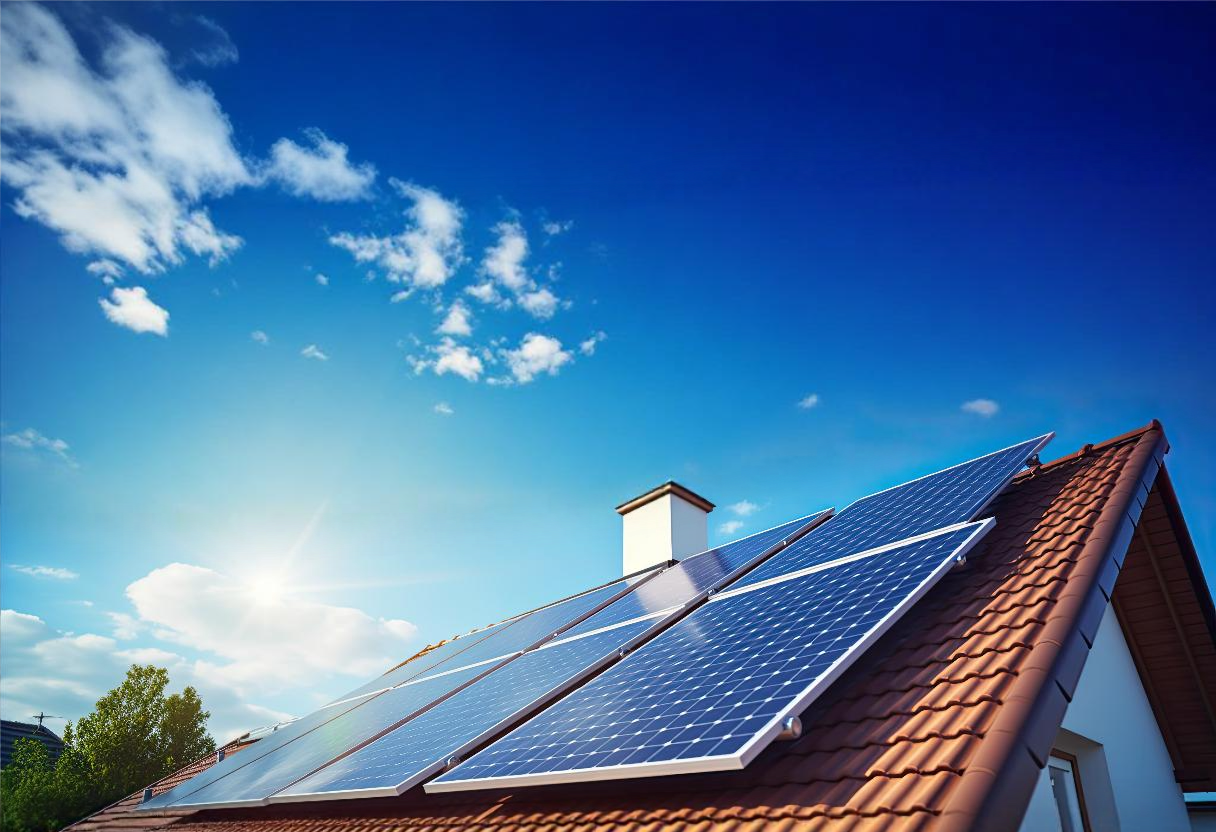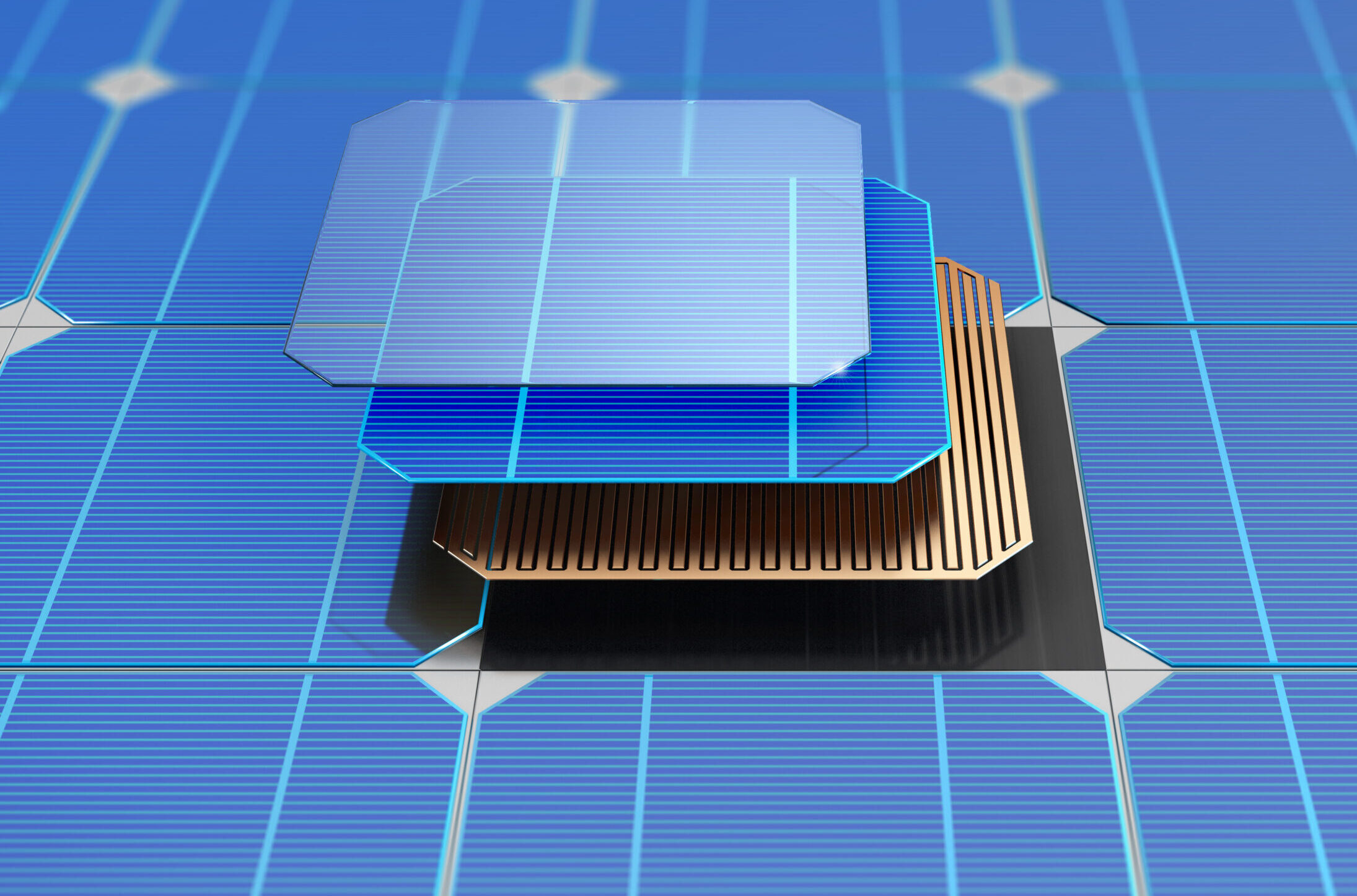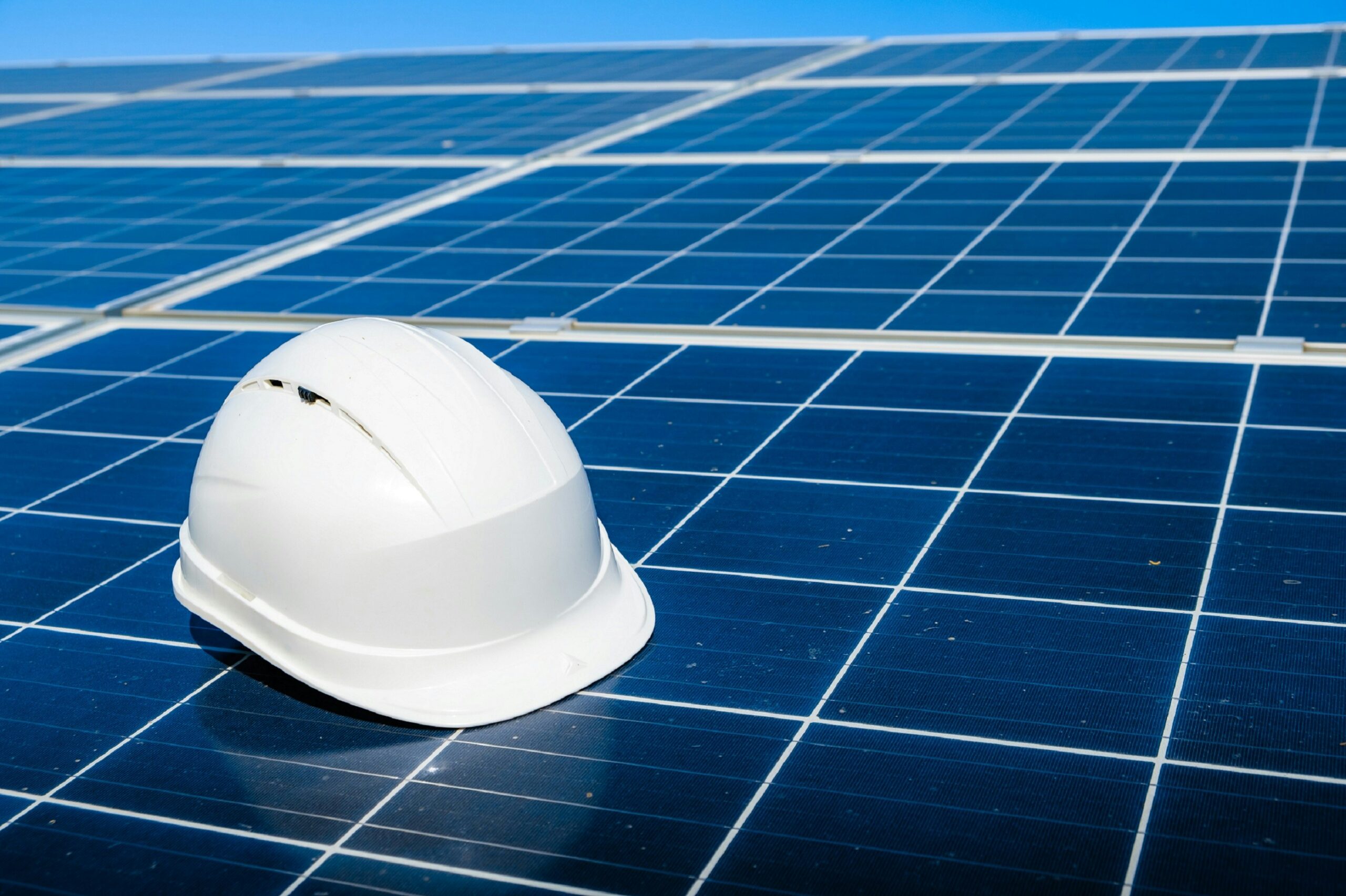Author: Mariela Guanchez
When folks think of solar, they often picture a big battery in the basement, storing extra power. But guess what? Many homeowners choose solar without any dedicated battery, relying on the grid for backup. So, why opt for solar panels without a battery? Let’s explore the benefits of a grid-tied solar system, how net metering helps you “store” energy anyway, and why this approach is so cost-effective.
Grid-Tied vs. Battery Systems
A battery setup can be appealing if you live off-grid or face frequent blackouts. But if you’re in a typical Nova Scotian neighborhood with reliable utility lines, a grid-tied solar system might be your best bet.
- Lower Upfront Cost: Batteries add thousands to the project cost. If your main goal is monthly bill reduction, going battery-free saves a chunk of cash.
- Net Metering: Surplus power you produce in daylight is effectively “credited” to you for later, covering your nights or cloudy days. No battery needed.
Net Metering Benefits
Under Nova Scotia’s net metering program, each kilowatt-hour you feed into the grid is offset at a 1:1 ratio on your bill. So if you produce more than you use at noon, you rack up credits. At 9 p.m., when your panels are asleep, you draw from those credits. This system basically acts like a virtual battery, just using the utility lines instead of a physical battery in your basement.
Why No Battery Often Means More Savings
Batteries can degrade over time, hold a limited charge, and require certain temperature conditions. If the grid is stable, you may not need a battery’s backup function. By skipping it, you keep the system simpler and cheaper. That means a faster return on investment.
I recall an acquaintance who insisted on a battery to be fully “independent,” only to realize they spent an extra $10k for backup power they used maybe once a year in a minor outage. Meanwhile, net metering already gave them the lion’s share of benefits.
The Environmental Angle
A battery is an extra piece of equipment—more resources to produce, transport, eventually recycle. If you’re big on minimal carbon footprint, going battery-free is arguably more eco-friendly, provided you’re content with the grid connection.
But What if the Power Goes Out?
Yes, a purely grid-tied system typically shuts down during an outage (for safety of utility line workers). If occasional blackouts concern you, a small generator or partial battery backup might be enough. Or, if you’re in a region with frequent, extended outages, a larger battery might make sense. But for the average homeowner, they might prefer the cost savings of no battery.
Conclusion
Choosing solar panels without a battery is a straightforward, cost-effective approach for most Nova Scotia homes. You still see big reductions in your electricity bill, enjoy net metering’s “virtual storage,” and skip the expense and upkeep of a battery bank. If your dream is simply to slash grid usage and harness the sun’s power, a grid-tied system covers the essentials.

